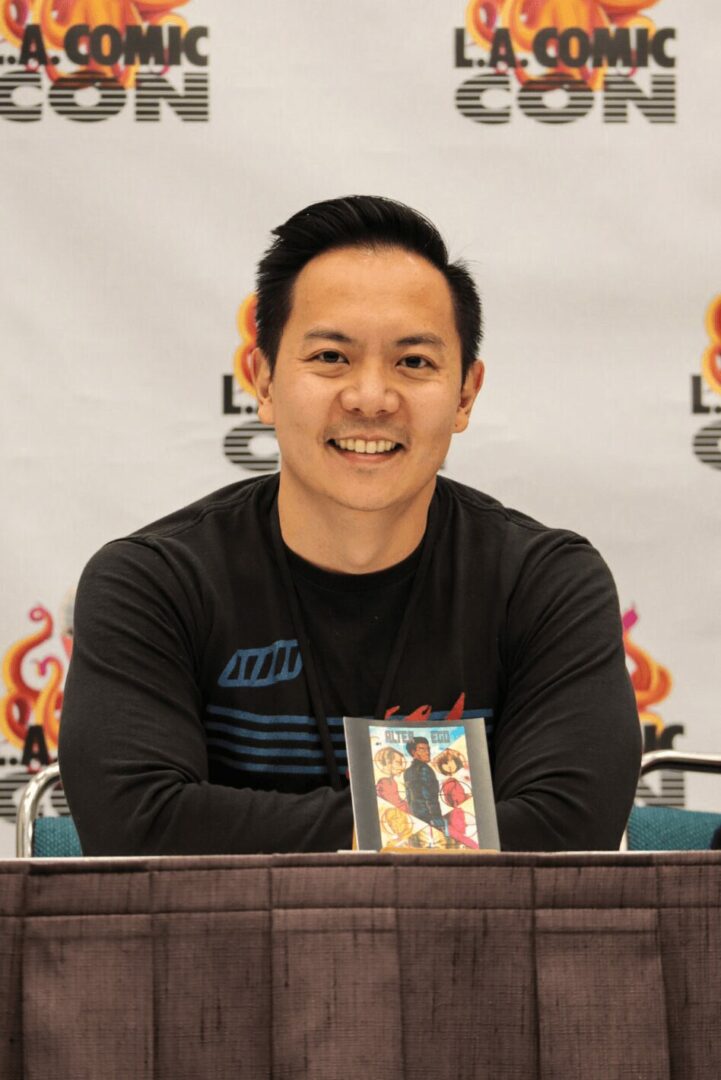Alright – so today we’ve got the honor of introducing you to Ben Wan. We think you’ll enjoy our conversation, we’ve shared it below.
Ben, so happy to have you with us today. You are such a creative person, but have you ever head any sort of creativity block along the way? If so, can you talk to us about how you overcame or beat it?
To me, the key to overcoming any creative block is the willingness to make mistakes and to “fail.”
From my experience, writers block is usually some form of perfectionism.
We want every word to be the “right” word, every plot point or line of dialogue to be done “correctly.” And it’s easy to feel that anything that we put on the blank page will be set in stone and used as the basis for everyone to judge our writing abilities and, thus, our self worth.
So with that kind of pressure, it’s easy to self criticize every idea that comes to our heads, then eventually lock up and feel like it’s easier not to try in the first place and just stare at the blank page instead.
One of the most game-changing pieces of advice I ever received was to write the “vomit” draft or the “bad version.” I sit down and write out every possible thing that comes to mind of the scene. Many times, I give myself the time limit of an hour and when the timer on my phone goes off, I just stop and resume the next day. This process allows me to get at least a few scenes on the page without the inner critic getting in the way.
Make no mistake, these vomit drafts usually read as very haphazard, thin, and on-the-nose. I’d never show these to anyone. But it provides a foundation for me to help discover the better version or it causes me to start rethinking a plotline or why a character does whatever I was originally going to have him or her do. This provides enough momentum for me to get started. Eventually, I end up finding a plot point or character moment or just a general idea that does make me feel like I’m going somewhere or makes it more enjoyable for me to keep going. This creates emotional momentum on top of the productivity momentum. Not only am I making progress towards finishing the pages, but I’m actually liking what I’m doing a lot more and it makes it much easier for me to keep going.
By the end, I have a finished story that I’m willing to show people as well as one that I can actually feel proud of or want to share.
But if I wasn’t willing to write a terrible version first, to make “mistakes” or “fail,” then I never would have gotten there.
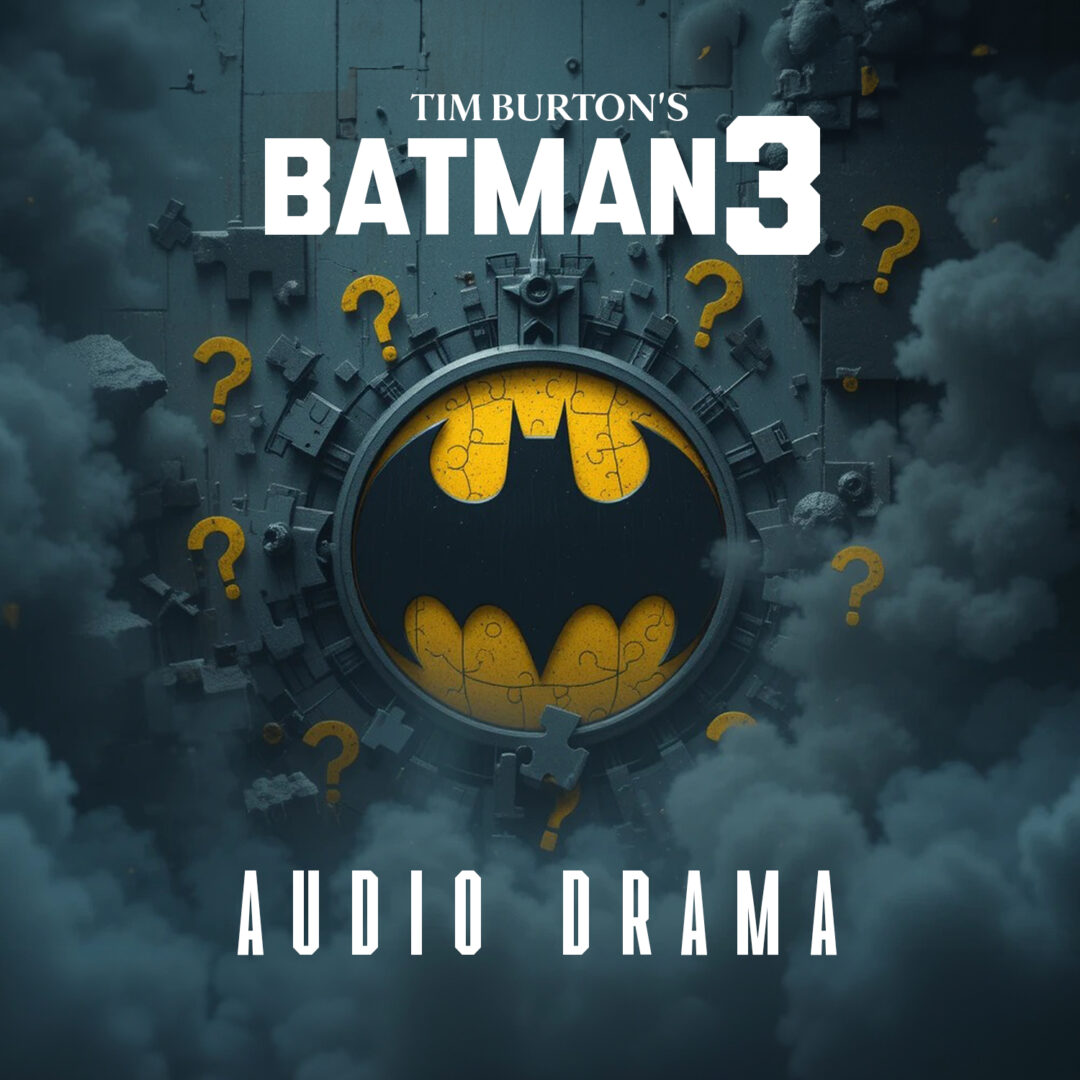
Thanks, so before we move on maybe you can share a bit more about yourself?
I’m an indie comic writer with two ongoing self-published series. Right now, I’m primarily known as a podcaster. Since 2019, I have been the co-host of the podcast Superhero Stuff You Should Know, which dives into little known trivia about superhero movies, TV shows, video games, and comic books. A majority of our fanbase has enjoyed our focus on unmade superhero scripts as well as early drafts for nostalgic superhero films from the 1980s-1990s, with some of our highest viewed episodes centering around the many screenplays that led up to the 1989 Batman film directed by Tim Burton.
As we built up an audience, I realized that I could turn my original stories into comic books and use the podcast to market my writing towards the podcast viewers and listeners, who are already into comics and superheroes. This shift started in 2023 when Metaphorosis Magazine published my short story “Shortcut to Happily Ever After,” my first published work. At the same time, another podcast, Neuverse Creative, recruited me into writing and adapting unmade superhero scripts and comics into audio dramas, where I had the opportunity to voice act as a few characters.
Both Superhero Stuff You Should Know and my work on Neuverse Creative have helped me promote my own work. Starting last year, I continued that momentum by publishing the first two issues of my series Alter Ego, which centers on five families of supervillains who’ve taken over Detroit. The protagonist, Jace, is an outsider with the ability to relive all his memories and goes undercover as a henchman for the five families in order to take them down from the inside.
The other series is a manga, Musashi and Son, based on the real life samurai Miyamoto Musashi and how he adopted an orphan boy to train him to become a warrior. In this version, Musashi and the boy hunt down the bandits who killed the latter’s father, turning them into a samurai vigilante duo who travel from village to village.
As of now, I’m well aware that more people have heard my podcast work than have read my original comics, but I’m looking to continue to expand my audience in both. With so many forms of entertainment out there, I know people won’t buy my comics just because they exist. Everyone who has read Alter Ego or Musashi and Son is a fan who knows me or knows my show. For this year, I’ve been looking to continue that as more of my adaptation work gets released.
In January, Neuverse Creative released Batman 3, an audio drama I wrote adapting the early scripts of Batman Forever originally written by Lee and Janet Scott Batchler, then later Akiva Goldsman, performed in the style of the Tim Burton films. This was a script that we’ve discussed and covered several times on my podcast, as well as interviewed the Batchlers themselves. I was fortunate to be cast as the Michael Keaton version of Batman/Bruce Wayne, too, since it was originally written for Keaton and I faced the challenge of emulating Keaton while delivering lines that I had been performed by Val Kilmer in the final film.
Neuverse Creative will be taking the same script and producing it in the style of the actual film, where I’ll be reprising Batman/Bruce Wayne, this time emulating Val Kilmer. (This version may even be released by the time of this publication). I will continue to voice both the Keaton and Kilmer versions of Batman for Neuverse Creative with some of the audio dramas written by myself.
In terms of other adaptation projects, I was cast last year as The Crow in an upcoming fan made animated version by Arron Quinn. Arron also asked me to contribute to the script and we recently finished a draft adapting the James O’Barr graphic novel. I’m currently recording my lines and I’m excited to see how it all comes together.
It is my hope that people enjoy and appreciate these adaptations as well as my original work. I may never have a chance to officially write these characters in comics or their adaptations, but thanks to collaborating with others on YouTube, I can help produce my own versions!
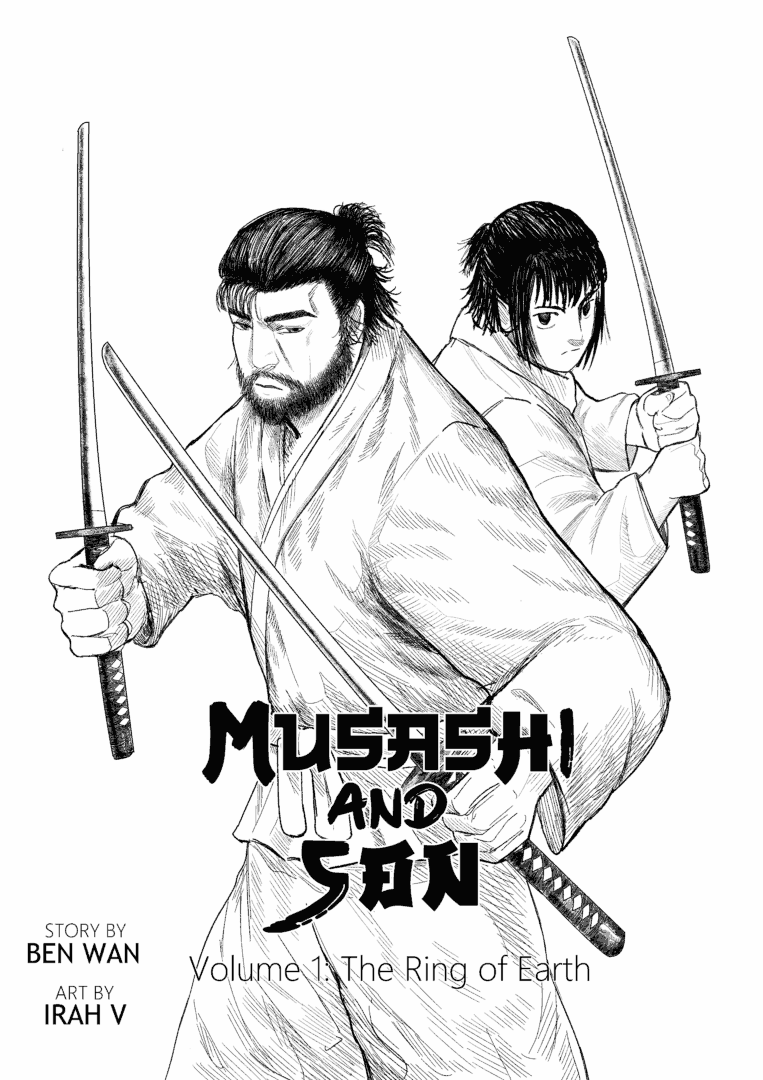
Looking back, what do you think were the three qualities, skills, or areas of knowledge that were most impactful in your journey? What advice do you have for folks who are early in their journey in terms of how they can best develop or improve on these?
I’d say adaptability, patience, and connecting with fans have been the most impactful for me.
I originally started out wanting to be a TV writer. But while I was landing in different writing programs, placing in contests, and gaining representation, it wasn’t leading into staff writing jobs. Eventually, I asked myself if I really wanted to be a TV writer or did I just want to be a writer? That question led me down the path of exploring other mediums, including prose, audio dramas, and comic books. Since asking myself that question, I’ve been fortunate to see my work produced or published in all of those mediums. If I had been rigid about being strictly a TV writer, however, I would still be looking for work.
This hit me even more last year with the passing of my father and feeling grateful that he was able to see me published by the end of his lifetime. If I had stuck to just writing spec pilots for TV in the hopes of getting hired, he never would have seen me get produced. And now I can bring stories to life on my own terms, rather than feeling like I have to wait for permission or for someone in the industry to notice me.
Patience, of course, is a major factor when it comes to any creative art. You have to accept that there is no such thing as an overnight success. You’re not going to wake up and magically find that you have one million fans. This is going to be a long process and you’re going to spend more time writing, rewriting, and abandoning plotlines and less time releasing a finished work online and getting praise or profit from it. And once it gets released, you can’t expect it to suddenly have millions of views or turn into a best seller. You have to keep promoting it and finding ways to get the word out. This life is not for people who want instant gratification.
Lastly, connecting with fans has brought me more friends and made the whole experience a lot more enriching. These are your main audience, the people who are going to buy and read or experience your work. Treat them well, connect with them, and you’ll make true friends along the way. It’s a lot more rewarding than doing this just for gratification from people you never intend to meet or interact with. It also keeps you humble and open to collaborators. You never know when someone is going to be able to contribute something to your own work, even if it’s just a question that inspires an idea.
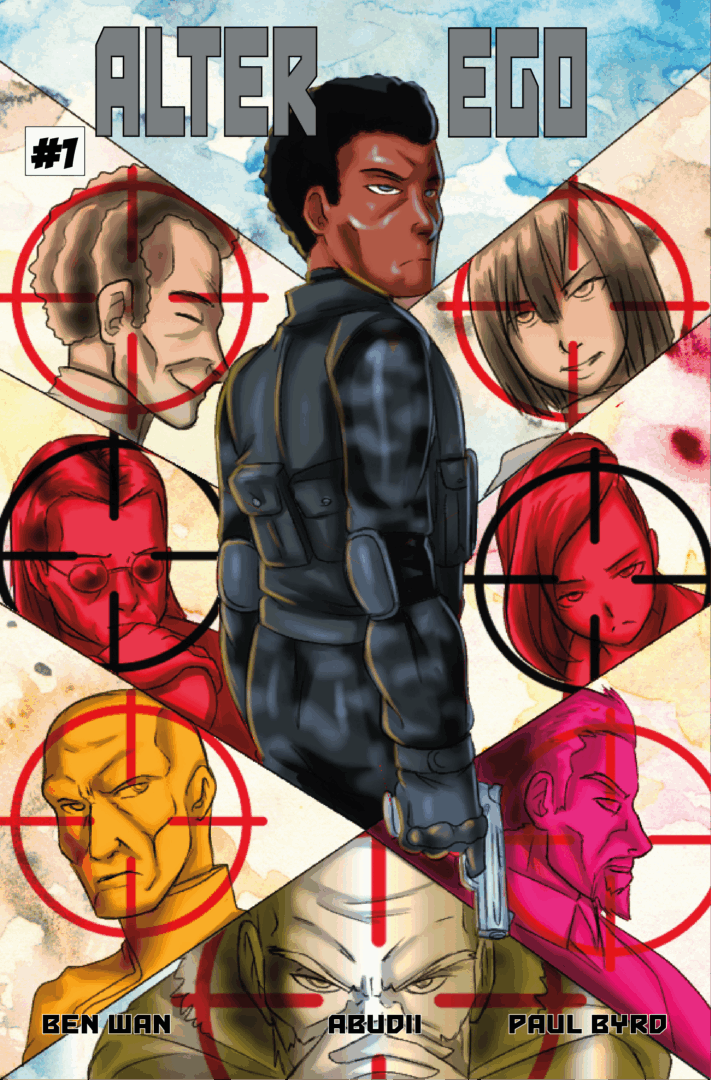
What’s been one of your main areas of growth this year?
Prioritizing my original work and self publishing my indie comics have been my biggest growth this last year. At the time of this writing, both Alter Ego and Musashi and Son are less than a year old. While my adaptation work for Neuverse Creative since 2023 has been a ton of fun, it is, at the end of the day, a form of fan fiction and adapting existing work made by other people, rather than building and creating something of my own.
By making sure I prioritize my own projects, I’ve been able to strike a better balance and feel that I’m continuing to build more of my own thing, rather than always play in someone else’s sandbox. For years, Alter Ego and Musashi and Son have been unmade pilots sitting on my computer, read by maybe ten people each around the industry. But putting in the time, money, and effort to produce these with artists has given me the opportunity to reach a wider audience as well as help me grow in adapting to a different medium that allows me to produce my own work. The end result has been rewarding just to be able to see something I wrote get published or released.
Contact Info:
- Website: https://www.benwanwriter.com
- Instagram: https://www.instagram.com/benwanwriter
- Twitter: https://x.com/benwanalterego
- Youtube: https://www.youtube.com/@benwan4141
- Other: My podcast: https://www.youtube.com/@SuperHousePodcast
My Amazon Author Page: https://www.amazon.com/stores/Ben-Wan/author/B0CZBKYPF3
A playlist of audio dramas I’ve written: https://www.youtube.com/playlist?list=PLW6m0tSJAnjygv4jtNDcKEgVYHVfA2vUA
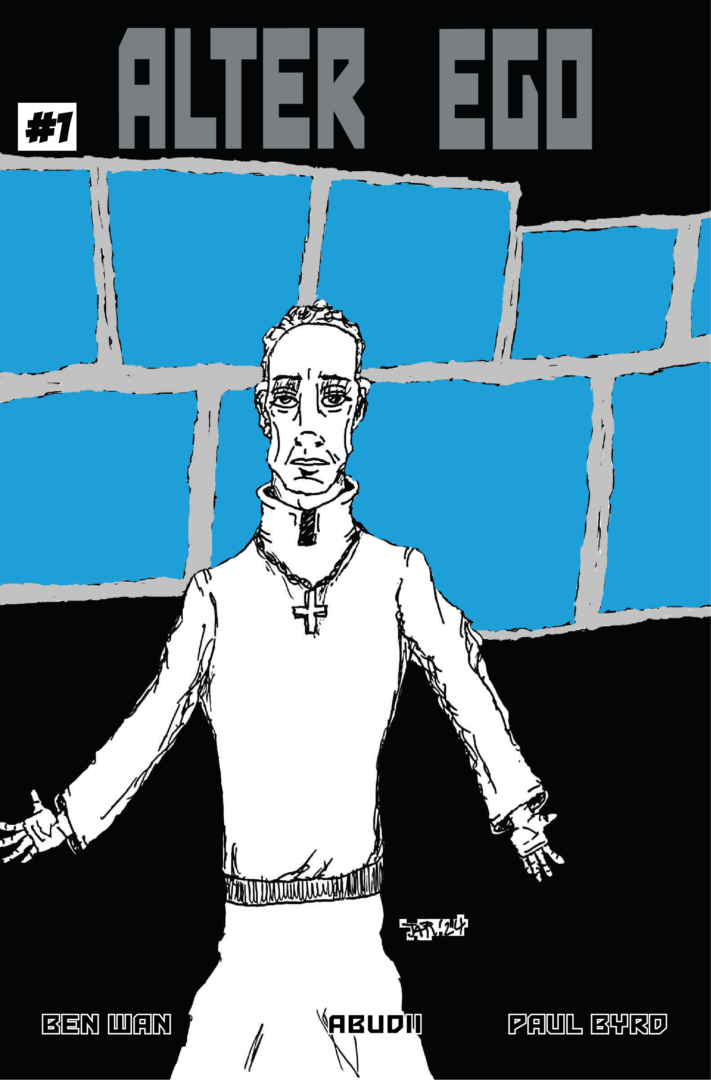
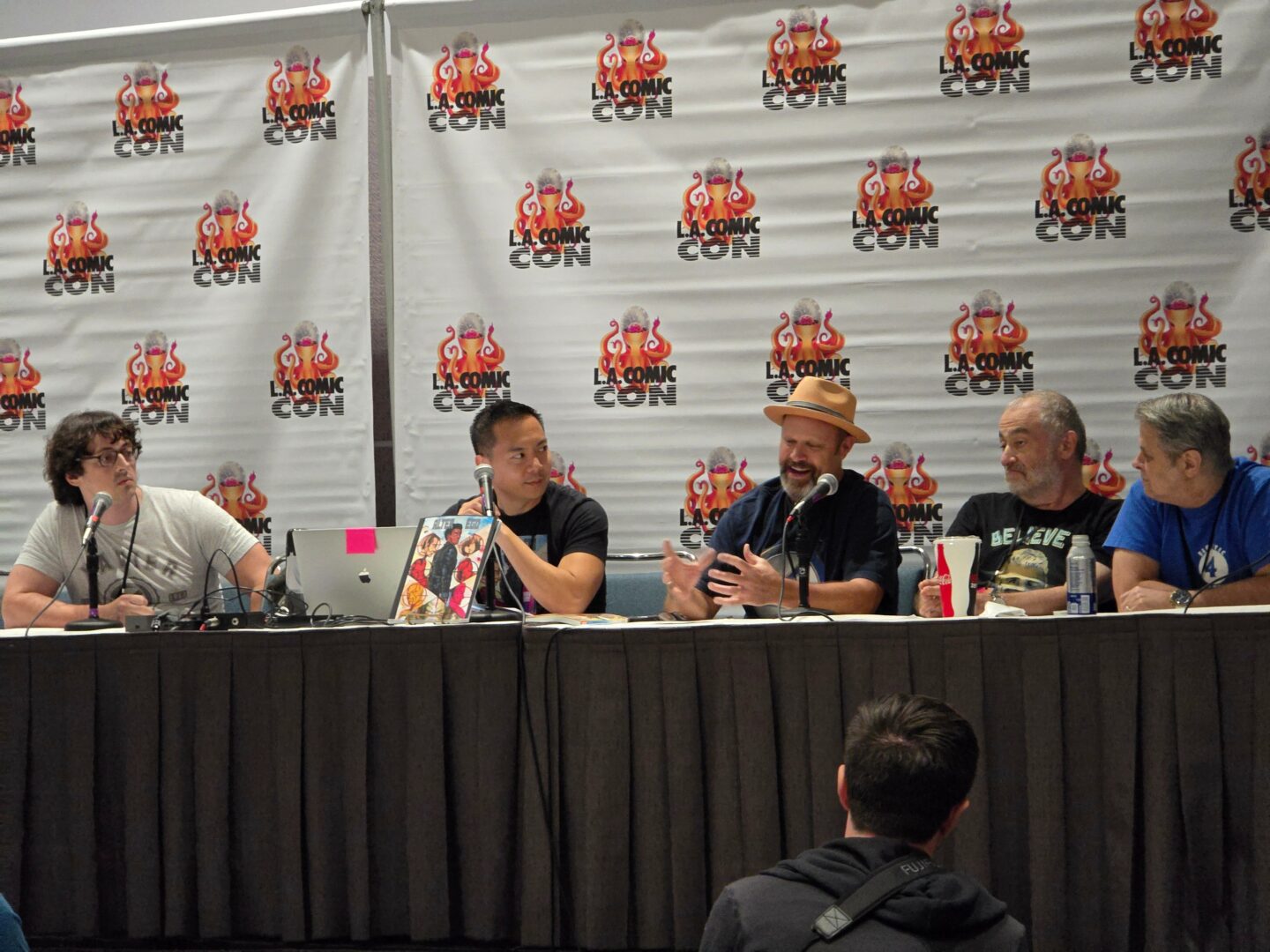
Image Credits
Ivan Khoe
so if you or someone you know deserves recognition please let us know here.

